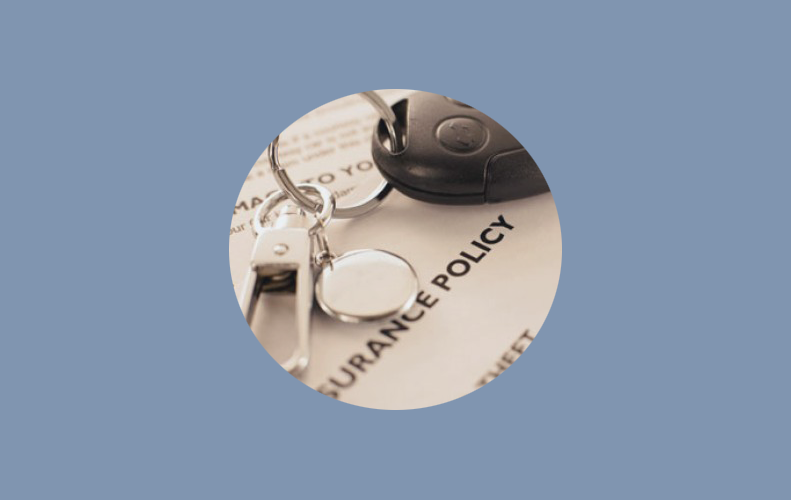Fully Comprehensive Insurance vs Third Party

When you drive, you have to have appropriate car insurance – the minimum cover being third party. Insurance companies offer various levels of cover and when you buy car insurance, you usually choose between fully comprehensive or third party, fire and theft. Here we’ll explain the difference between these types of cover.
Third Party and Third Party, Fire & Theft
If you take out third party only, it will insure you against damage to other vehicles, people or property that you might harm in an accident that was your fault. It doesn’t cover your own car, or you. So if you were to crash into the side of someone’s house, your insurance would cover the repair of the house, but not your car.
As you’d expect, third party, fire and theft is as above but also protects your car if it was damaged due to fire (either accidental or intentional) or theft, or stolen.
In some cases, claims may be muddied by circumstances – for example, if your car window is smashed in an attempt to steal from your car, but nothing is actually taken, your claim may end up being a rejected as technically the theft never took place and you’d have to sort the broken window yourself.
Fully Comprehensive Insurance
This covers everything we’ve already mentioned and then additionally, damage to you and your car. Usually this will be more expensive than basic cover because of the extra benefits of having it, like covering you and your car and then extra things like courtesy car or legal protection if that’s included in the policy.
So, if you were in an accident that was your fault, your insurance would cover any third parties involved (and their property) but then also any repairs to your car including the value of the car if it’s written off.
Fully Comp isn’t a One Stop Cover-All
Although the better option of the two in terms of cover, fully comprehensive insurance doesn’t necessarily cover everything. There are numerous add-ons from policy to policy including courtesy cars and legal expense insurance. These can push the price of a policy up but it’s always worth looking into what a policy includes and how much it would be to add these extras on.
Legal Expense Cover as an Add-On
We talked about the need for legal expense cover [URL for previous article here] but it’s worth mentioning again, now we’re covering types of insurance policy. If something does happen to you or your car and you need to go to court to defend yourself, or claim back out of pocket expenses then that’s where legal expense insurance kicks in. For the sake of £20 – £30 it’s usually worth adding onto your policy if it’s not already included. Weigh up whether you could afford the costs of going to court yourself if something happened.
Which Type of Cover is Right for Me?
Third party, fire and theft is usually a cheaper option for new drivers or those who drive relatively inexpensive cars that they could afford to replace themselves, should the worst happen. Bizarrely, and contrary to popular belief, this type of cover isn’t always cheaper than fully comp, so it’s always worth checking. This is due to many high-risk drivers opting for third party cover to save money, resulting in a statistically higher number of claims, making it a more expensive type of insurance.
Fully comp is therefore usually more expensive but covers you for more eventualities and includes both you and your vehicle in that.
Here are the key differences:
TPFT Covers:
- Your car being stolen
- Fire damage to your car
- Damage caused to a third party, their vehicle and/or their property including repairs and medical treatment costs
- Legal claims made against you as the result of an accident
Fully Comp covers (all of the above and):
- Repairs to your car
- The market value of your car if it’s written off
- Your medical expenses
Final thoughts…
Always consider what you can afford and what you may need. It’s easy to go mad with insurance and add everything on for peace of mind but think carefully about the kind of journeys you make and whether you’d need things like a courtesy car. Fully comp (with considered extras) is usually the best bet for most drivers for its level of cover, peace of mind and in many cases, even cost.